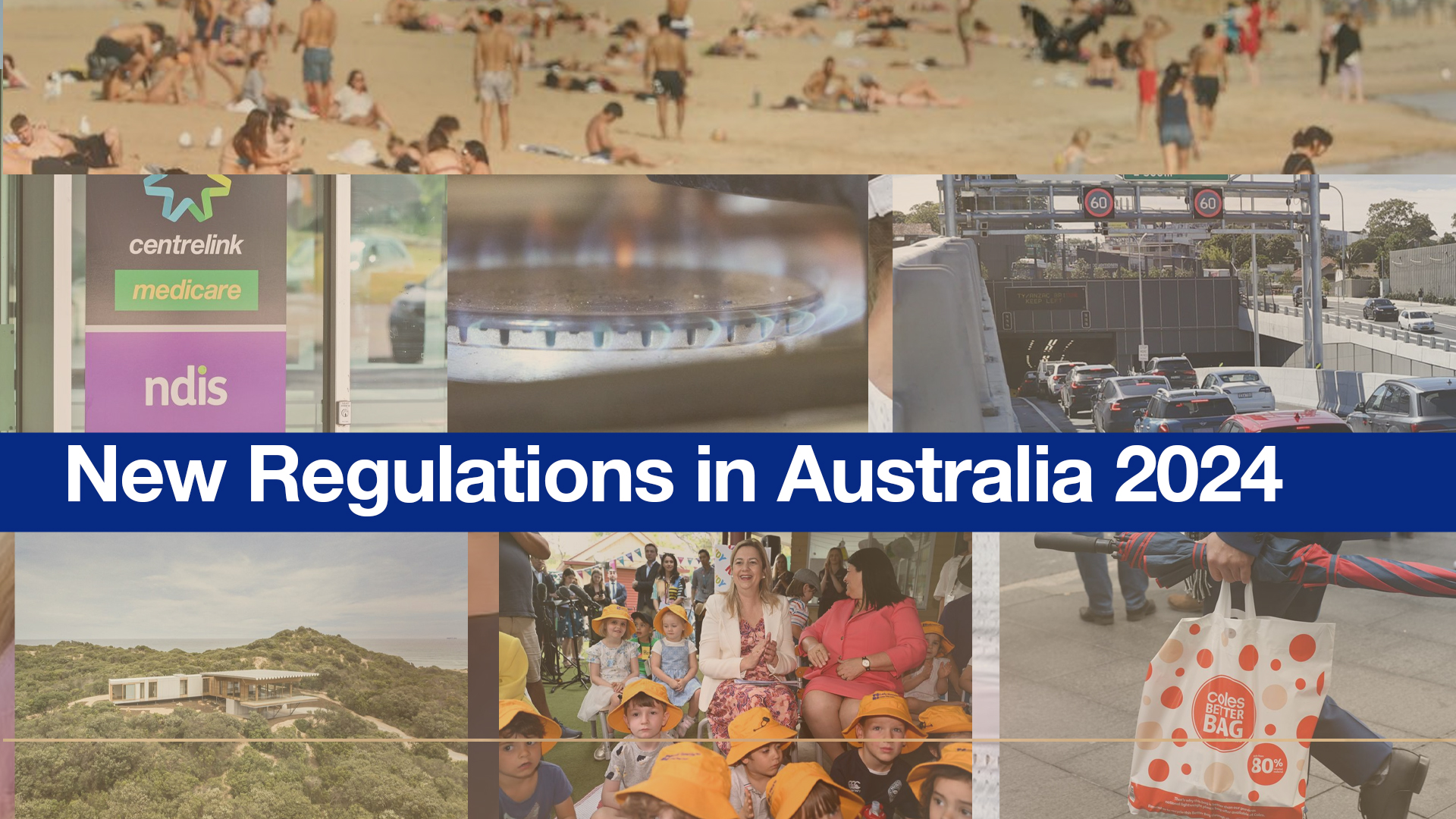Enhanced Welfare Payments
Starting from January, more than 936,000 Australians benefiting from youth, student, or carer support will witness a 6 percent increment in their payments due to the application of indexation.
Youth Allowance beneficiaries, including young job seekers and students, can anticipate a fortnightly increase ranging from $22.40 to $45.60. Similarly, Austudy recipients will experience a rise in payments ranging between $36.20 and $45.60 per fortnight.
For Disability Support Pension recipients under the age of 21, there will be an increase in payments ranging from $31.10 to $44.90 per fortnight. Additionally, over 600,000 carers will receive increased financial assistance, with Carer Allowance rising to $153.50 per fortnight.
Social Services Minister Amanda Rishworth emphasized, “Australia’s social security system serves as a safety net that is consistently reinforced and refined to support all vulnerable Australians. Through regular indexation, our payments are adjusted in accordance with changes in the cost of living to maintain their purchasing power.
Gas Connection Ban for New Homes
Starting January 1, newly constructed homes in Victoria will be prohibited from connecting to natural gas.
This contentious decision, announced in July by former Victorian Premier Daniel Andrews, is positioned as a cost-of-living measure. It is claimed that households will save up to $1,000 annually on energy bills while reducing household emissions.
As of January 1, planning permits for new homes and residential subdivisions will exclusively allow connections to all-electric networks.
To incentivize new homeowners to adopt all-electric systems, eligible builders, existing homeowners, and renters can access $1,400 in solar panel rebates and interest-free loans of $8,800 for household batteries.
Additionally, all Victorian households and businesses qualify for gas-to-electric rebates to upgrade heating, cooling, and hot water heaters.
Victoria’s Energy Minister, Lily D’Ambrosio, emphasized that transitioning to more efficient electric appliances would lead to substantial savings on bills. She stated, “We know that with every bill that arrives, gas is only going to get more expensive. That’s why we’re stepping in to help even more Victorians get the best deal on their energy bills.”
NSW Toll Cap at $60
Motorists in New South Wales using toll roads will face a weekly toll bill limit of $400 to benefit from the $60 cap. This fulfills a key election promise of the Labor government, effective from January 1, as part of a two-year trial.
During this trial, rebates will be issued through Service NSW starting April 2024. To qualify, drivers must be NSW residents using their cars for private reasons, excluding rideshare operators, heavy vehicles, taxis, and business-registered cars. The cap is applicable only to trips taken on NSW toll roads and cannot be claimed back through interstate toll accounts.
The government introduced a “fair use” provision, allowing drivers to claim up to $400 a week on tolls, or receive a maximum weekly rebate of $340, providing relief to approximately 720,000 drivers in western and northwest Sydney.
Second Home Tax Increase
Starting January 1, Victorians owning more than one home will face a ten-year increase in taxes as a “temporary” measure to assist the state in addressing its Covid-related debt.
Announced in May as part of Victoria’s budget changes, those owning more than one home will pay at least $5,000 over the next decade. The new tax includes a $500 annual levy for investment properties with a land value between $50,000 and $100,000. The payment increases to $975 for homes valued between $100,000 and $300,000, with an additional 0.1% of the land value applied to properties worth more than $300,000.
Treasurer Tim Pallas stated that approximately 860,000 landowners would be affected, with 380,000 being first-time taxpayers. He explained, “The Covid debt levy is targeted at those with the greatest ability to pay following the pandemic. We think it is fair that Victorians with multiple properties make a modest contribution to repaying Covid debt.”
Free Kindergarten in Queensland
Commencing January 1, parents in Queensland can access free kindergarten for children aged at least four-and-a-half. This initiative, announced in June’s state budget under former Premier Annastacia Palaszczuk, aims to provide cost-of-living relief of up to $4,600 per year for an estimated 50,000 additional families.
The expansion of free kindergarten will cost the state $645 million, bringing the total investment in kindergarten to $2 billion over four years. The Queensland government has partnered with The Wiggles to promote this initiative during the Wiggly Big Day Out Tour.
“We’re proud to partner with the Queensland Government to promote the important message that kindy is free for all families from 2024,” said Blue Wiggle Anthony Field.
Commencing January 1, heavy-duty plastic bags will face a ban in the ACT, marking the latest step in the territory’s campaign against single-use plastics.
Following South Australia, the ACT became the second jurisdiction in 2011 to prohibit lightweight plastic bags, replacing them with sturdier reusable alternatives. However, these durable bags fell short of their intended reuse, prompting City Services Minister Chris Steel to express his observations to Riotact in July.
“We noticed some community members using the heavyweight plastic bags, designed for reuse, as single-use items,” Minister Chris Steel explained.
Hence, this new ban aims to introduce superior alternatives that are not only more sustainable but also encourage both reuse and recycling.
The Plastic Reduction Act 2021 already banned a multitude of single-use plastic items, such as cutlery, stirrers, takeaway containers, straws, and cotton buds.
Further expansions occurred in two phases, with the latest additions effective from July 1, 2023. The new prohibitions encompass single-use plastic plates and bowls, polystyrene loose-fill packaging and trays, as well as plastic microbeads found in washing and cleaning products.


